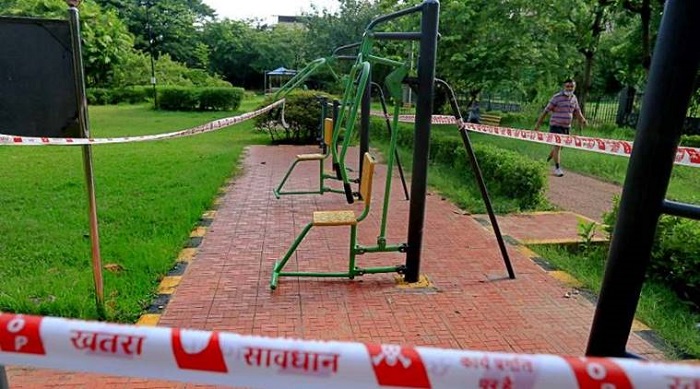Mangaluru, Dec 10: Urban development and housing minister UT Khader has said that the state government would build four lakh houses across Karnataka for the underprivileged sections of society, of which one lakh will be built in Bengaluru.
Affirming the Karnataka government’s commitment to the housing sector, he said that the government would render the process to obtain clearances for builders and developers simpler by introducing a single-window clearance system for no-objection certificates and licences. “This will be launched by chief minister HD Kumaraswamy in Bengaluru on December 15,” Khader said.
The minister said that he was looking to collect feedback to help improve living experience in urban spaces in the state. “As soon as I took charge of the urban development and housing department, I instructed officials to eliminate all middlemen and stressed the role of efficiency,” said Khader.
Elaborating on the nitty-gritty of the single-window system, Khader said, “The mechanism is supported by a software that will prevent builders from having to run from pillar to post to seek approval. Once the application is submitted to the system, the applicant will know if it has been accepted or rejected within seconds. The date of inspection will be sent to the applicant in 15 days, and the inspection itself will be completed within 30 days of the application’s submission.”
He said the government had identified an area of 1,000 acres in Bengaluru to construct one lakh houses for economically weaker sections of the society. “The CM will lay the foundation stone for the project on January 26,’ said Khader.










Comments
Because that is what a neofascist would do? Meanwhile Trump whitenazionalist supporters:
1. chant Jews will not replace us
2. mass murder 11 Jews at a Pittsburgh synagogue
3. desecrate a cemetery in Massachusetts … http://spencernjexp.tinyblogging.com
Great news for underprevilaged if it is completed on time as per announced. But sir what about middle Class, those who are living for ages and pay tax for their properties and still getting hard for ownership (Living on Atikraman Lands) especially in coastal karnataka.
Add new comment